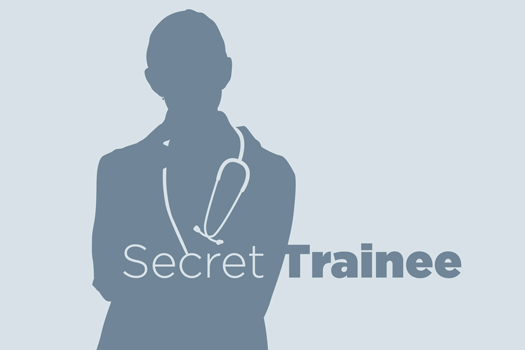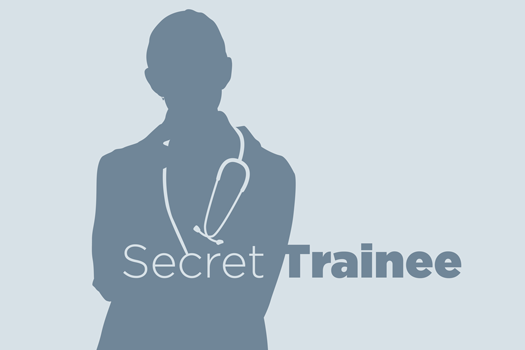
Not long ago I had my first road rage incident. In all honesty, it was less of the rage and more of the road incident – involving a stand-off between my car and a van.
In short there was no space to pass each other. I felt the van driver had an earlier opportunity to wait to enable me to pass but chose not to.
I like an old-fashioned negotiation, but one look at the driver told me that talking would be unwise. On the other hand, I didn’t want to back down and feel like I was rewarding what I thought was poor driving. So, I turned off my engine, locked my car and got a book out of my bag to read.
I managed a few pages before the van started reversing. Job done and beyond a triumphant five minutes, I didn’t dwell on it.
The incident came to mind when dealing with a patient request a few weeks afterwards. The core reason I continue to enjoy being a doctor is the patients. If you take the time to ask and listen, you get regular snapshots of what life is like for people across society.I appreciate that this luxury I have had as a foundation doctor, and now have as a GP trainee with 20 minute appointments, will quickly become rare. But the benefits include maintaining some sort of social conscience and ease in developing rapport with patients from all walks of life.
Many of the conflicts I will need a toolkit for won’t involve patients
Over time, I have learned that many employers are less than perfect when it comes to managing their staff, and this patient request was another such example. Said employer couldn’t make the necessary suggested workplace amendments on a fit note for the patient, and so had requested a new note saying the patient wasn’t fit for work at all. Thankfully my supervisor completely agreed with my stance not to issue a new note, and the patient also understood once I explained that what had been issued was perfectly valid, even if workplace arrangements weren’t made.
It got me thinking about conflict and negotiation as part of GP training. Our training curriculum does talk about conflict, in the context of ethical dilemmas with patients. But many of the conflicts I will need a toolkit for won’t involve patients. For example, trying to convince CAMHS that a child really needs their attention now. A disagreement with a supervisor about how exactly the 2016 junior doctors contract is supposed to work. Maybe even a conflict with a fellow partner one day…
Other people would have handled the car situation differently. That’s certainly a good thing – and no single approach will always be appropriate. A debrief with other trainees at a VTS to discuss these things helpful, but I do wish we had some proper conflict resolution teaching or simulation in VTS sessions instead. For now, trying to find some formal training is one for the ever growing PDP.
Secret Trainee is a GP registrar in England

















